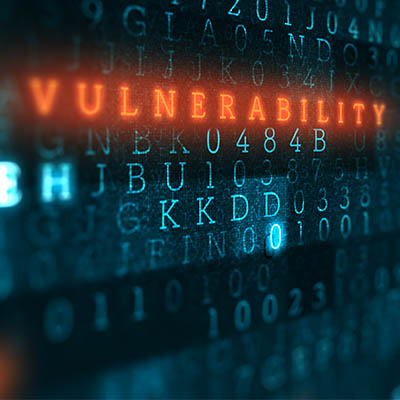The need to protect against the very significant threat of cyberattacks is something every business should prioritize. A single cyberattack could seriously disrupt your business operations and, in a worst case scenario, could even shut you down. Phishing attacks are one of the major threats, and their prevalence is growing.
In 2018, recorded phishing attacks increased by 269%, compared to the previous year’s figures. Phishing attacks were involved in 32% of all reported data breaches. United States businesses should be especially worried, because they seem to be a primary target, accounting for nearly 86% of recorded phishing attacks.
NCSAM is Highlighting Phishing Attacks
National Cybersecurity Awareness Month (NCSAM) is highlighting the dangers that phishing attacks pose. Of course phishing isn’t the only threat. NCSAM is also promoting awareness of other basic cybersecurity measures, but phishing is high on the list. The 2019 NCSAM theme was ‘Own IT. Secure IT. Protect IT’. Nothing’s changed and cybersecurity awareness is an ongoing priority for all computer users – and that means just about everyone, not just businesses.
We can help you out here by outlining some best practices for you to action right away.
- • Look out for unsolicited and unexpected emails. Unusual emails are a big red flag. If a message arrives from Amazon (or any other genuine online retailer) telling you that there are suspicious transactions on your account, look closely. If it’s asking you to re-verify your payment credentials or other personal information, be alarmed. Have you made any purchases from them recently? If so, have you had other information from Amazon (or indeed any online retailer) with order confirmations or delivery details for items you’ve supposedly purchased? Don’t interact at all with this new email before using some other means of communication to confirm that it’s for real.
- • Cyberattacks rely on people carelessly clicking on innocent-looking links or attachments to set things in motion. One click and executable malware can be activated, putting your personal information and cybersecurity at risk. Don’t click unless you’re sure they’re genuine and have double-checked their veracity.
- • Examine the details closely. Is the email really from where it says? Speed-reading is great, but you could miss telltale signs if you don’t pay enough attention to specifics. For example, with a cursory reading you could be fooled into believing that everything’s okay. An email from the sender contact@gmail-dot-com is easily mistaken for a fake sender’s message with the address grnail-dot-com. See how easy it is to be taken for a ride?
Cybersecurity awareness isn’t just for one month. It’s something you have to be aware of every month of every year. Quikteks is here to help you keep your business safe and protect your data against cyberattacks. For assistance and advice don’t hesitate to call Quikteks at (973) 882-4644 to hear more about the cybersecurity solutions we offer.

